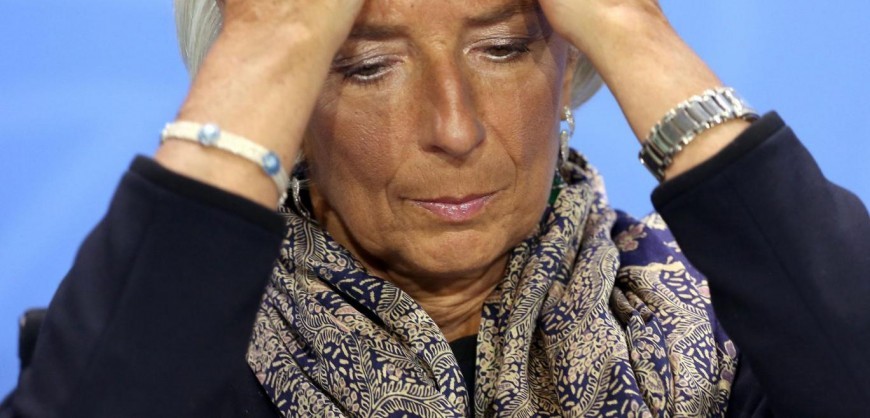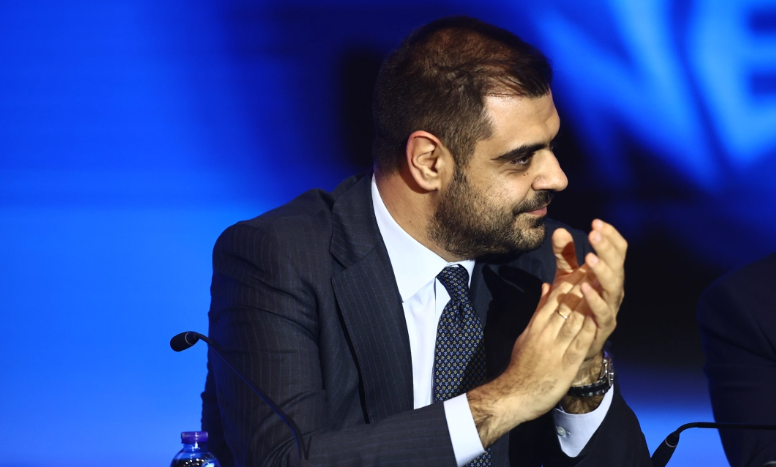The International Monetary Fund has been criticised by its own watchdog over its role in the eurozone crisis and for allowing “political intervention” to contaminate its technical economic analyses.
In a damning report the Fund’s Independent Evaluation Office (IEO) says the IMF’s performance between 2010 and 2013 in relation to the concurrent financial crises in Greece, Ireland and Portugal has “raised issues of accountability and transparency, which helped create the perception that the IMF treated Europe differently”. The IEO also blames the Fund for its “overly optimistic growth projections”, particularly with regards to Greece, and a failure to learn lessons from past mistakes. Most significantly of all, the report indicates the Fund’s economic forecasts were influenced by national political concerns, and recommends the IMF’s executive board and management “should develop procedures to minimise the room for political intervention in the IMF’s technical analysis.”
It said: “The credibility of the IMF comes from the technical competence and independence of its staff and the Managing Director must ensure that its technical work is protected from political influence.”
Ms Lagarde, who this year was appointed to a second term as IMF managing director, said she welcomed the IEO report but maintained she still saw the Fund’s performance in the eurozone crisis as “a qualified success”. In particular with Greece, the IMF stands accused of signing off on growth projections that were widely recognised to be incredible in light of the massive spending cuts that were being mandated by the rest of the eurozone and the failure of the European Central Bank to ease monetary conditions.
Greece’s GDP remains 22 per cent, below where it was on the eve of its 2010 EU/IMF bailout and unemployment is still at 23 per cent.
As mignatiou.com reports, IMF officials came under immense pressure by Greece’s EU partners to avoid restructuring the Greek debt, a position the then Greek government of George Papandreou agreed with. The Fund opted to adopt secretive procedures to bypass its own practices and regulations and amended the second of its four criteria necessary for issuing emergency financial assistance. Ad mignatiou.com reports it was a blatant violation of its own articles, a fraudulent practice to give Greece loans.
‘Bombshell’ IMF report shows Greek economy could have been saved!
Report released by IMF’s own watchdog
































